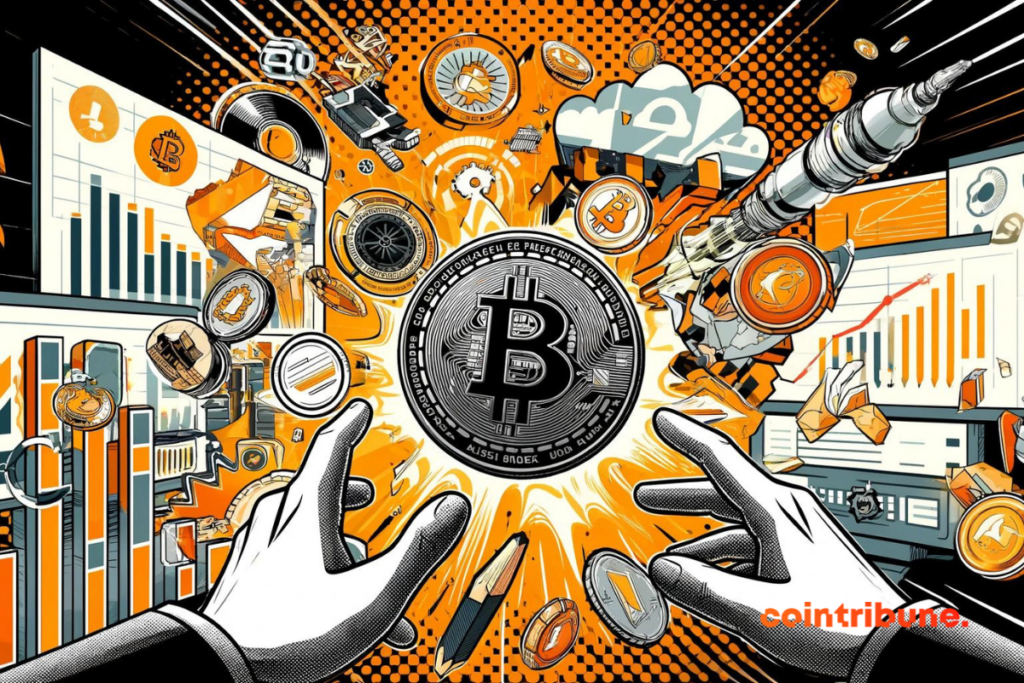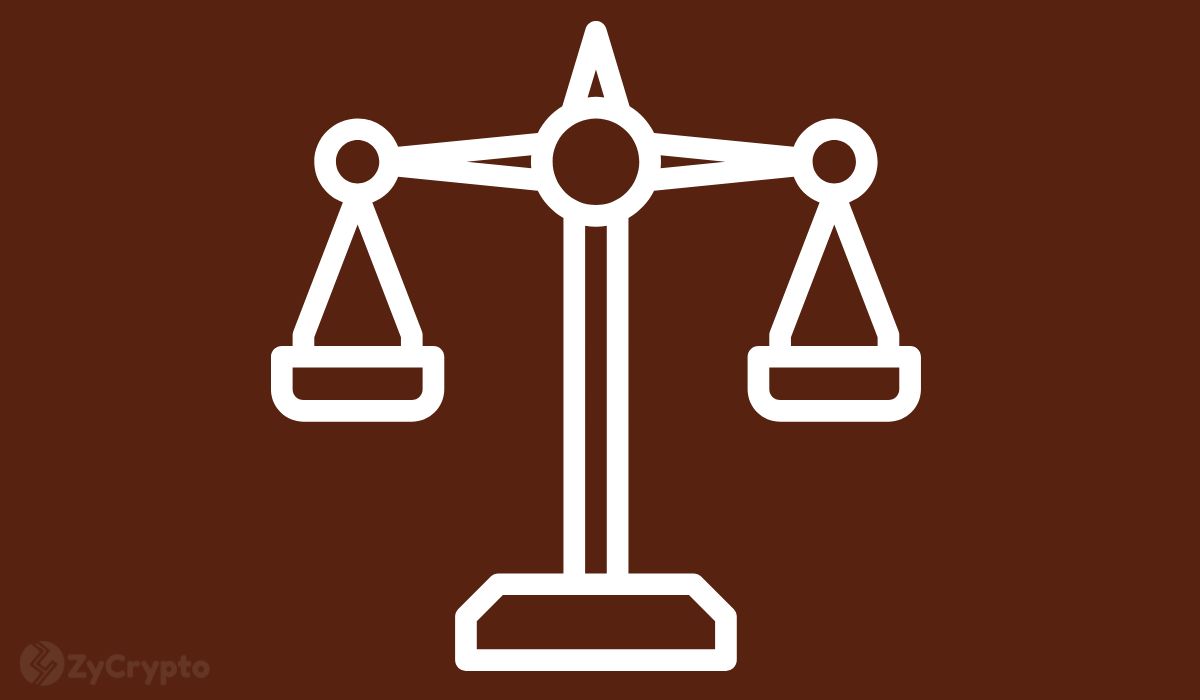SEDA Launches on Mainnet: Pioneering a New Standard in Web3 Data Access
SEDA, the groundbreaking modular data layer designed for all blockchains, has officially launched its mainnet genesis event. This launch signifies a monumental shift in the Web3 landscape, introducing a new standard for data access, transport, and configuration across all blockchain networks.
Traditional data infrastructure designs, such as oracles, have struggled to scale and meet the demands of the rapidly evolving Web3 ecosystem. These designs often require native deployment to each new network for every new feed created, leading to integration backlogs that can last up to nine months. This bottleneck has stifled innovation, created technical fragmentation, and presented significant challenges for developers.
SEDA’s modular data layer addresses these challenges head-on by offering seamless integrations on a 100% permissionless basis. This innovative approach enables developers to access any data type from any chain at any time, eliminating the need for native deployments and unlocking unprecedented flexibility.
A New Era of Developer Flexibility
The launch of SEDA’s mainnet marks the beginning of a new standard for developer flexibility in the Web3 space. With its modular and chain-agnostic design, SEDA aims to provide complete developer flexibility through chain-agnostic integrations and programmable data feeds. This “permissionless optionality” aligns perfectly with Web3’s ethos, empowering builders to create without limitations.
Jasper, CTO & Co-Founder at SEDA, commented, “Permissionless development is the cornerstone of Web3, and we are excited to launch a new permissionless standard for data access that allows developers to leverage SEDA to build what they want, anywhere.”
One of the significant challenges facing oracles and bridges is the need for developer traction to justify their cost and resource-heavy deployments. Conversely, developers require access to data to create traction, creating a classic chicken-and-egg problem. SEDA’s data layer addresses this challenge by natively serving over 230 blockchains, enabling builders to connect permissionlessly via a single contract from any network with same-day data access.
Feature-Heavy Rollout Ahead
The mainnet launch is just the beginning for SEDA, as the project plans to roll out a host of new features in the coming months. This includes the deployment of SEDA’s solvers, an overlay network offering one-click node spinups for the community and bespoke mechanics for network OEV capture and value redeployment back into the hands of network participants.
SEDA has already garnered significant support from leading venture capitalists, raising over $22 million from investors such as Coinbase, Reciprocal Ventures, Distributed Global, Coinfund, and Hack VC. In addition, the mainnet has been audited by the leading security firm Trail of Bits and boasts a theoretical limit of 10,000 transactions per second. The mainnet will be launched by 20 of the top industry-leading professional validators at Genesis.
Overall, SEDA sets a new standard in modular data transport, access, and configuration, offering unparalleled flexibility for networks to query any data type at any time. With native support for over 230 blockchains, SEDA equips developers with permissionless options for querying and configuring data to meet any developer need.
As SEDA continues to innovate and expand its offerings, it is poised to play a pivotal role in shaping the future of Web3 data infrastructure, driving forward the decentralized revolution, and empowering developers to build the next generation of blockchain applications.





